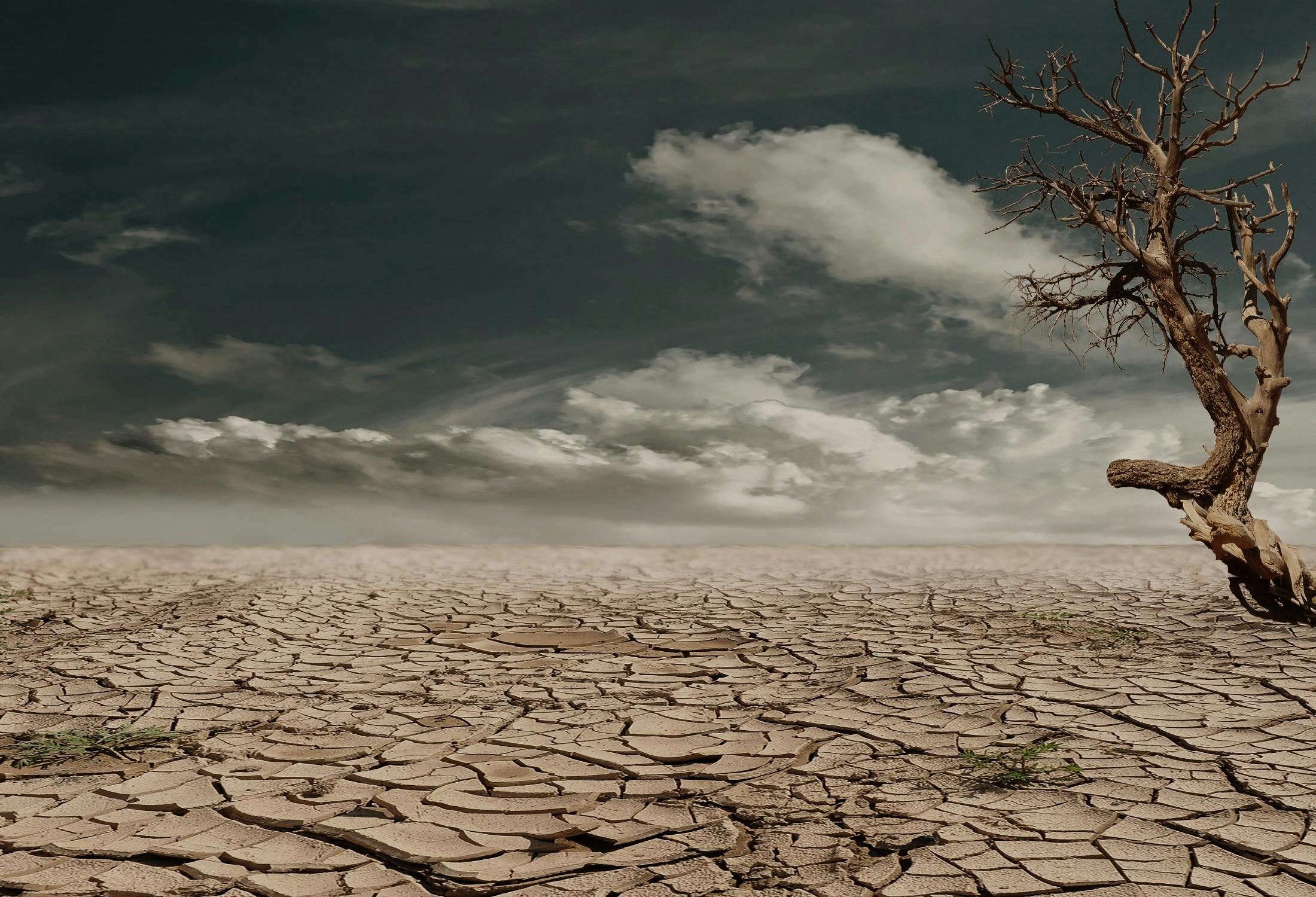"Demystifying the Role of International Law in Climate Change Policy"
Introduction: As the world grapples with the immense challenge of climate change, international law plays a pivotal role in shaping environmental policies. This article explores this intricate relationship, discussing the historical context, current updates, and societal implications of international law on climate change initiatives.

The Historical Relationship between International Law and Climate Change
International law and environmental issues have a complex and intertwined history. Since the 1970s, international laws have been formulated and reformed to address the growing concerns surrounding environmental degradation. The United Nations Framework Convention on Climate Change (UNFCCC) in 1992 marked a significant step in this direction, laying a foundation for international cooperation in combating climate change.
Current Updates in International Law and Climate Change
Recently, international law has seen numerous developments in relation to climate change. The Paris Agreement of 2015 is one of the most significant, where 196 countries pledged to limit global warming to well below 2 degrees Celsius above pre-industrial levels. Furthermore, litigation is becoming a popular tool to enforce climate commitments, with cases seen in the Netherlands, Germany, and Canada.
The Role of Specific Laws in Climate Change Policy
The Paris Agreement, under the umbrella of the UNFCCC, is a landmark law in the fight against climate change. Its implementation has a profound impact on societies globally, as it essentially shapes the environmental policies of almost all countries. By setting a universal target for temperature increase, it imposes an obligation on countries to transition towards sustainable practices.
Societal Implications of Climate Change Laws
The laws that govern climate change policy have far-reaching implications for societies worldwide. They dictate the level of greenhouse gases that industries can emit, the types of energy that countries can use, and the extent to which forests can be exploited. These laws not only shape the environment but also economies, influencing sectors such as energy, transport, and agriculture.
The Future of International Law in Climate Change Policy
The future of international law in climate change policy is likely to be dynamic and complex. As the effects of climate change become increasingly apparent, there may be a push for stricter laws and more stringent enforcement. Additionally, legal frameworks may need to evolve to address emerging issues such as climate refugees and loss and damage associated with climate impacts.
International law plays a critical role in the global response to climate change. It provides a structure for cooperation, sets standards for environmental policies, and helps hold countries accountable for their actions. As the world continues to navigate the complexities of climate change, the role of international law in shaping sustainable futures will remain imperative.






